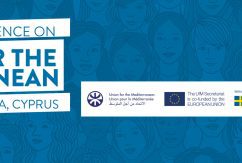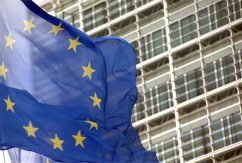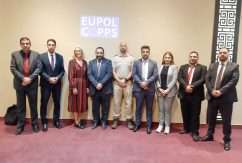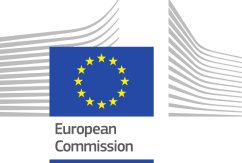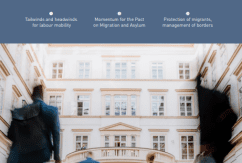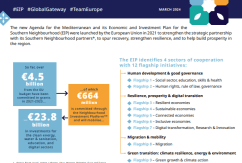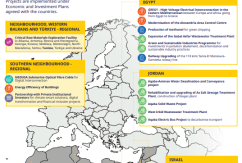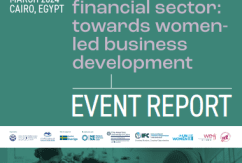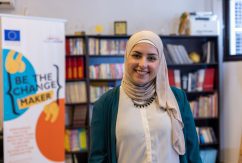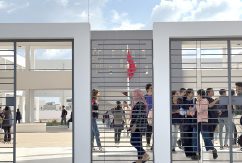Support to Independent Media Serving the Public Interest in the Neighbourhood South
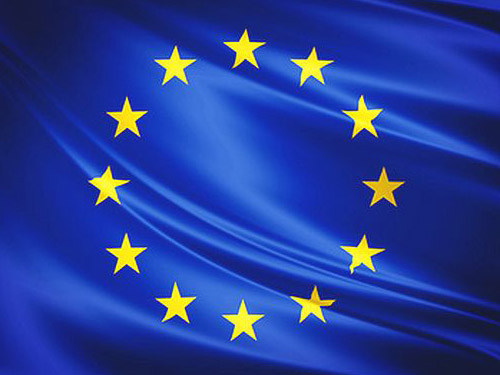

The global objective of this call for proposals is to support pluralism, independence and resilience of independent media, which act in the public interest as bulwark against authoritarianism, hate speech and dis-information, and to promote critical thinking and civic-oriented mind-set in the population, thus contributing to the democratic aspirations and resilience in the societies in the region of the Southern Neighbourhood.
The specific objective of this call for proposals is to strengthen the independence of independent media and journalists serving the public interest.
The expected outcomes are:
- Independent and verified information and high quality content (reliable, fact-based, fact-checked, timely and gender responsive) is produced and shared within/out of the region of the Southern Neighbourhood reaching relevant audience (including underserved populations, e.g. language minorities, etc.).
- Independent media outlets have improved the viability of their business by exploring, developing and implementing new business models, and new revenue generator models. Particularly, independent media professionals and outlets serving the public interest, including a specific segment of population that would not have access to independent and verified information otherwise continue their service with improved resilience and viability.
- Strengthening of existing (and creation of new if absolutely necessary) channels, platforms, networks and communities of practice, as well as of coalitions, alliances and global partnerships for knowledge transfer, experience and good practice sharing, promotion of innovative and creative approaches and solutions, as well as for opportunities to develop business collaboration and/or content co-production, among independent media actors, both women and men, and across all sectors of the media industry.
The priority(ies) of this call for proposals is/are:
- The methodology should outline the criteria for the selection of applicants for financial support for third parties and how continued technical support to the third parties will be ensured.
- The methodology should outline the regional dimension, how the cooperation and coordination among actors will take place at regional level, and how the regional dimension can be used to ensure the best use of available resources and best possible impact of the activities, including environmentally friendly online solution with relatively low carbon footprint.
- The methodology should outline how the action will prioritize expertise by media professionals (e.g. former journalists, editors, publishers, producers etc.) as opposed to professional trainers with minimal or no experience in the media industry. Equally, the methodology should outline how the action will prioritize local expertise, experts, trainers, mentors, etc. with the aim of also supporting and fostering the local media development and media protection community
- The methodology should outline how gender equality will be ensured throughout the design of the action. (E.g. A pluralistic independent media needs to count on women’s voices and experiences, which are recurrently marginalised from mainstream media outputs and information, mostly gender blind and male-centred. In this respect, the methodology should outline how both women, and young women and men, will be considered and included as both producers and recipients of impartial and well-researched information and media content.)
- The methodology should outline whether and how diaspora communities from Neighbourhood South countries residing in another Neighbourhood South country will be involved in the project .
- The methodology should outline how the action will ensure that independent media is inclusive and representative of the plurality of voices and experiences that conform the rich social tissue of the Southern Mediterranean region, and how vulnerable groups are addressed, represented and heard (i.e. women, youth and minorities).
- The methodology should outline how the sustainability of the results and created networks will be ensured beyond the lifetime of the programme
- The methodology should outline how the action will ensure that the support is provided in a partnership-like approach, developing the concrete support with the media outlet, journalist or other media professional as tailor-made as possible, based on needs and mutual trust, while allowing for flexibility in order to accommodate the volatile political and economic context in the region. The administrative burden should be absolutely minimal in order not to divert the scarce resources and staff available to independent media and journalist.
- The methodology should outline how the action will ensure that at least minimal standards of working conditions (e.g. fair and gender equal salaries, job safety, zero tolerance to gender inequality – including gender-based violence and harassment, decent work principles, etc.) are respected during the implementation of the present action.
- The methodology should outline how the action will ensure the security to protect the safety, security and integrity of beneficiaries where and as appropriate during the implementation and documentation of the action. These should be specified for both, operational aspects (e.g. EU and action’s visibility, quotes and names, photos, social media posts, etc.) as well as financial/legal aspects (invoices and receipts for expenditure verification, etc.)
In addition, the proposals should take into account the following working principles:
- The project shall be implemented following a rights-based approach, encompassing all human rights, with a focus on the rights of most vulnerable groups. The five following working principles will be applied at all stages of implementation: (a) legality, universality and indivisibility of human rights; (b) participation and access to the decision-making process; (c) non-discrimination and equal access; (d) accountability and access to the rule of law; (e) transparency and access to information.
- The activities financed under this call for proposals shall be carried out in coordination and cooperation with the EU Delegations in the region, (where possible) national and local authorities, civil society, the media and other relevant stakeholders.
- The beneficiary should plan and budget for sufficient measures to ensure the management of financial support to third parties, including capacity development, coaching and on-the-job training of grants beneficiaries to support the recipients of financial support in the implementation of their activities, as well as in the management of the financial support (e.g. related to financial and narrative reporting, progress monitoring, budget execution and revision, etc.), and to ensure oversight, monitoring and evaluation of the grants.
Closing date
8 December 2020
Other Opportunities


Gender audit 2024 – External Consultant, Euromed Rights
Closing date: 25 April 2024


The African Union-European Union Innovation Platform, Horizon Europe Framework Programme (HORIZON)
Closing date: 25 April 2024


Project Assistant in the Cooperation Section, EU Delegation to Egypt
Closing date: 25 April 2024
Newsletter
Subscribe to receive our latest updates
News alerts
Personalise your news alerts subscription
© This project is funded by the European Union, 2024
